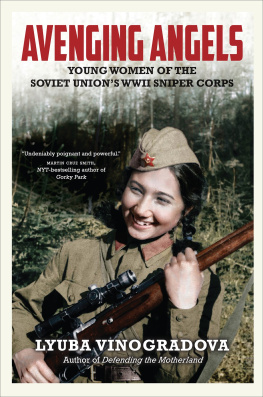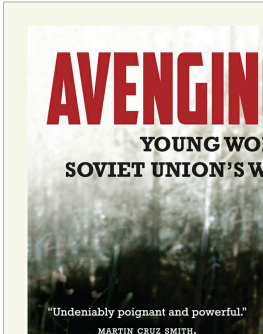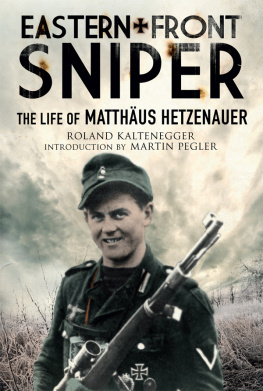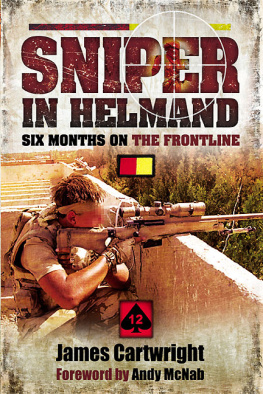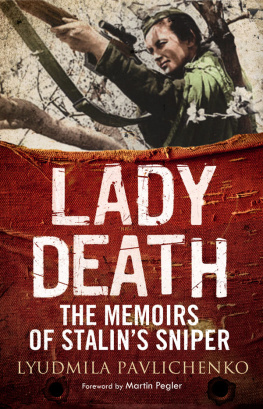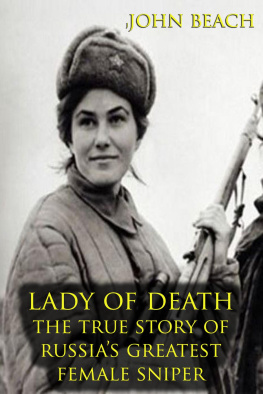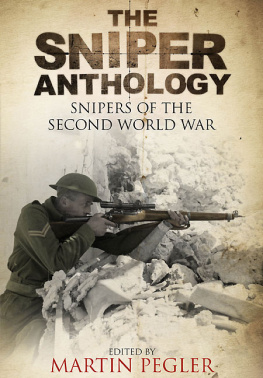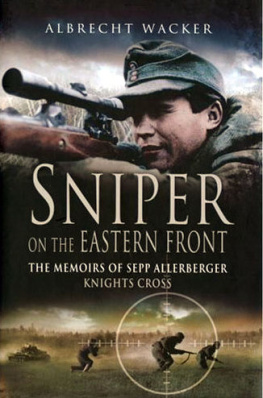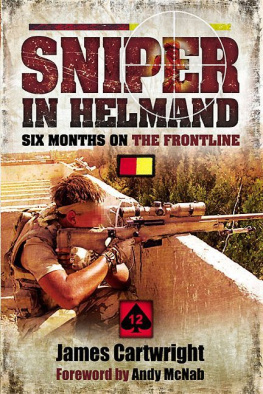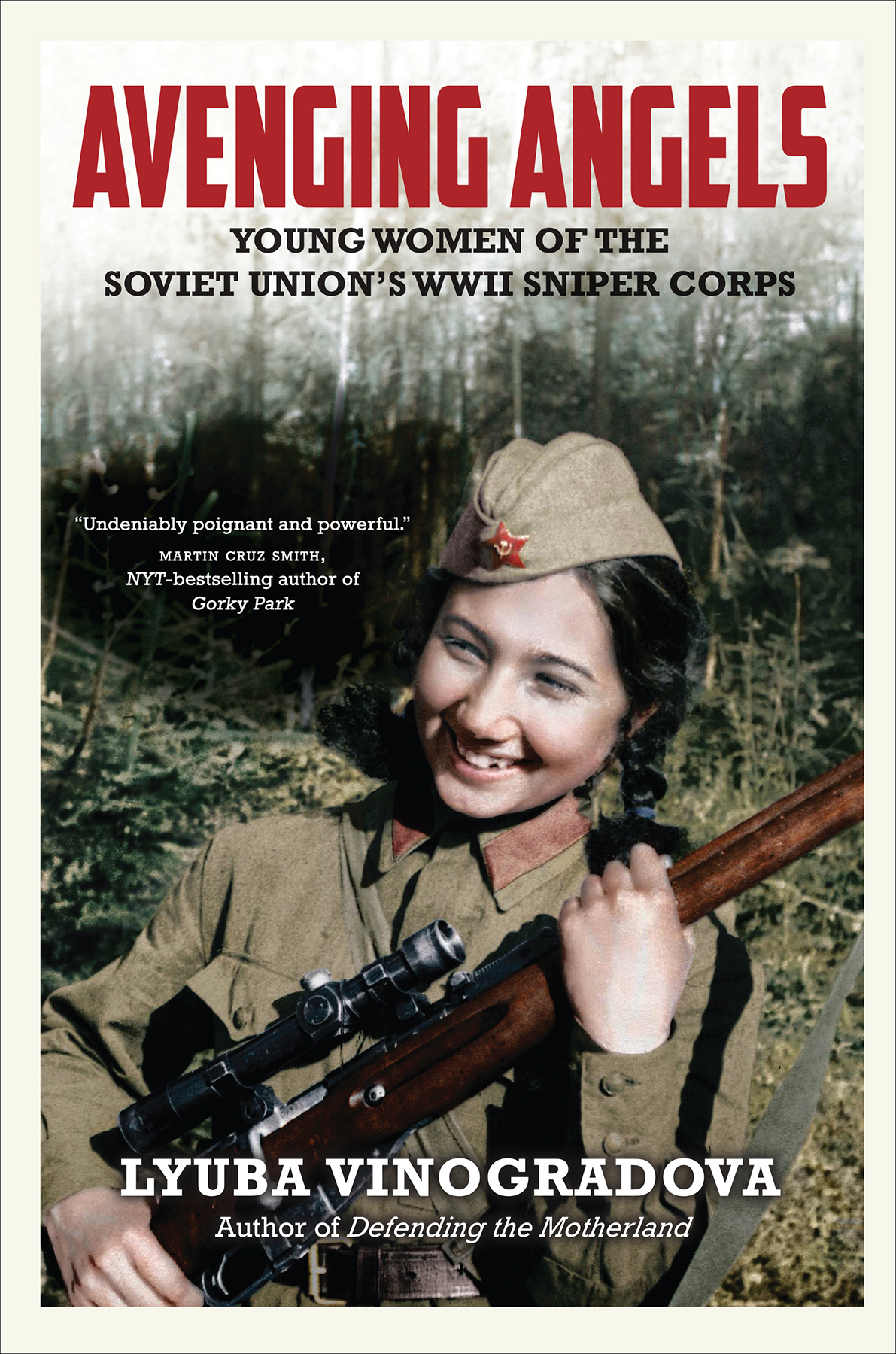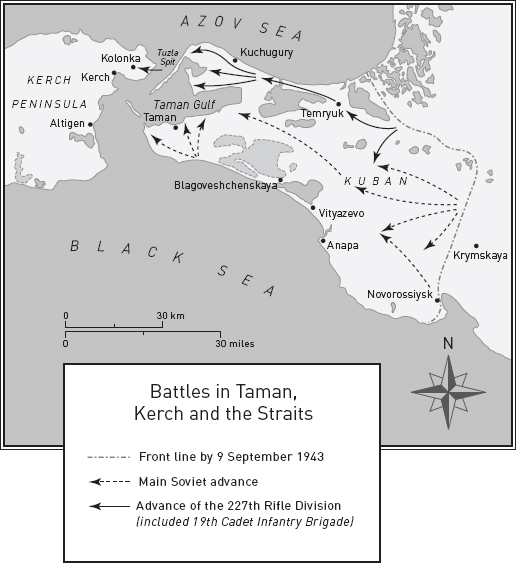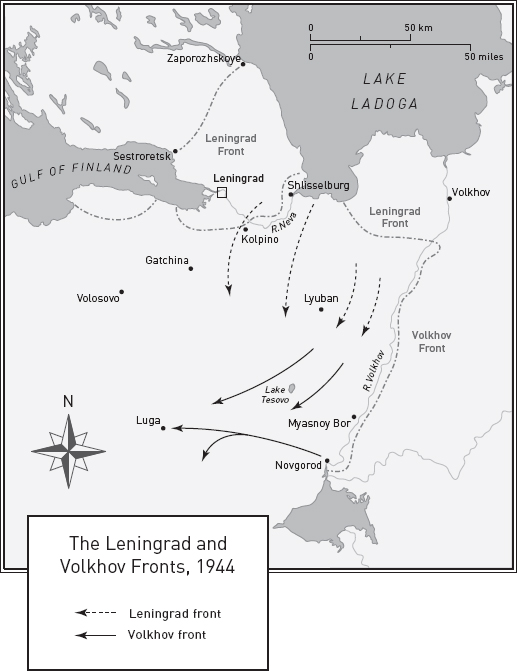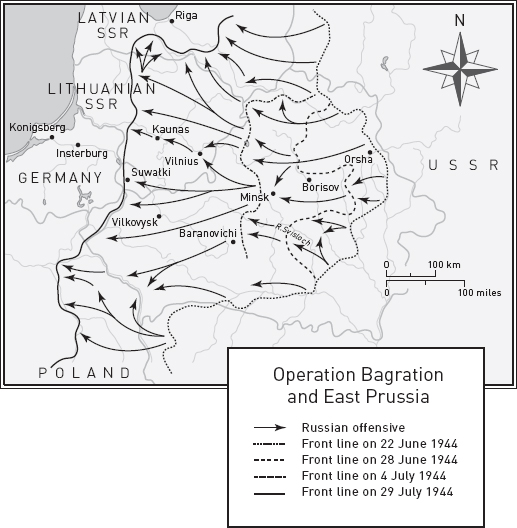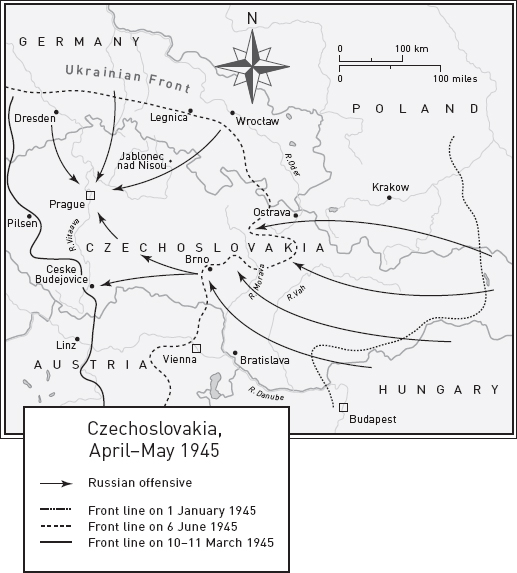Lyuba Vinogradova - Avenging Angels: The Young Women of the Soviet Union’s WWII Sniper Corps
Here you can read online Lyuba Vinogradova - Avenging Angels: The Young Women of the Soviet Union’s WWII Sniper Corps full text of the book (entire story) in english for free. Download pdf and epub, get meaning, cover and reviews about this ebook. year: 2017, publisher: MacLehose Press, genre: Non-fiction. Description of the work, (preface) as well as reviews are available. Best literature library LitArk.com created for fans of good reading and offers a wide selection of genres:
Romance novel
Science fiction
Adventure
Detective
Science
History
Home and family
Prose
Art
Politics
Computer
Non-fiction
Religion
Business
Children
Humor
Choose a favorite category and find really read worthwhile books. Enjoy immersion in the world of imagination, feel the emotions of the characters or learn something new for yourself, make an fascinating discovery.
- Book:Avenging Angels: The Young Women of the Soviet Union’s WWII Sniper Corps
- Author:
- Publisher:MacLehose Press
- Genre:
- Year:2017
- Rating:5 / 5
- Favourites:Add to favourites
- Your mark:
Avenging Angels: The Young Women of the Soviet Union’s WWII Sniper Corps: summary, description and annotation
We offer to read an annotation, description, summary or preface (depends on what the author of the book "Avenging Angels: The Young Women of the Soviet Union’s WWII Sniper Corps" wrote himself). If you haven't found the necessary information about the book — write in the comments, we will try to find it.
After a few months of brutal training, the female snipers were issued with high-powered rifles and sent to the front. Almost without exception, their first kill came as a great shock, and changed them forever. But as the number of kills grew, many snipers became addicted to their new profession, some to the point of becoming depressed if a hunt proved fruitless.
Accounts from the veterans of the female sniper corps include vivid descriptions of the close bonds they formed with their fellow soldiers, but also the many hardships and deprivations they faced: days and days in a trench without enough food, water, or rest, their lives constantly at risk from the enemy and from the cold; burying their friends, most of them yet to leave their teenage years; or the frequent sexual harassment by male officers.
Although many of these young women were killed, often on their first day of combat, the majority returned from the front, only to face the usual constellation of trials with which every war veteran is familiar. Some continued their studies, but most were forced to work, even as they also started families or struggled to adjust to life as single parents. Nearly all of them were still in their early twenties, and despite the physical and mental scars left by the war, they had no time for complaints as the Soviet Union rebuilt following the war.
Drawing on original interviews, diaries, and previously unpublished archival material, historian Lyuba Vinogradova has produced an unparalleled quilt of first-person narratives about these womens lives. This fascinating document brings the realities and hardships faced by the Red Armys female sniper corps to life, shedding light on a little-known aspect of the Soviet Unions struggles against Hitlers war machine.
Lyuba Vinogradova: author's other books
Who wrote Avenging Angels: The Young Women of the Soviet Union’s WWII Sniper Corps? Find out the surname, the name of the author of the book and a list of all author's works by series.

